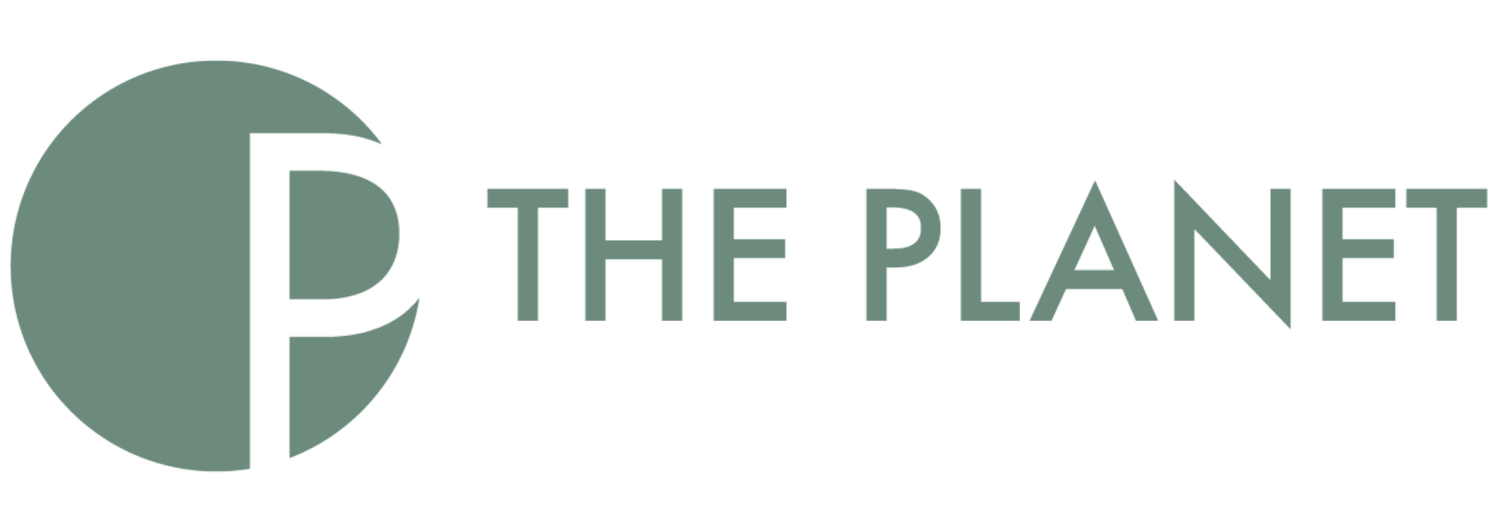A Rotten System
For Western Washington University students, composting off-campus can seem out of reach. Students at the Outback Farm are working to increase awareness and accessibility of existing composting options.
Emma Kolden holds a clump of composting from one of the worm bins at the Outback Farm. // Sof Dubois
Story by Lars McDonagh //Photos by Sof Dubois
June 8, 2022
A walk through Western Washington University’s campus reveals unique sculptures, blooming landscaping and an abundance of large green bins hungry for compost. These compost bins dot campus from north to south and can be found outside most buildings. Yet even a block away from campus, the scene changes to a composting desert. Apartment complexes and student houses line up their garbage cans and recycling crates, but composting bins are a rare sight.
Western has been recognized for its composting programs. The Green Energy Fee, created in 2015, turns campus yard waste into compost for landscaping. In 2018, every dorm room was supplied with a mini compost bin thanks to funding from Western’s Sustainability, Equity and Justice Fund. At the Outback Farm on Western’s campus, multiple composting stalls are open to students.
There are plans to add a sign with composting instructions at the main gate of the Outback Farm in Bellingham, Washington. // Sof Dubois
Although Western may be a haven for easy composting, options off campus can be an entirely different story for students.
In an informal poll with 61 respondents, produced by “The Planet,” more than a quarter of students said they never compost off-campus.
The struggle to sustainably discard food waste impacts off-campus students like Benny Mariani, an economics and political science major at Western.
“I can hardly imagine people saying, ‘Oh, I have my compost bin for the week, I better walk up to campus or something to dump it,’” Mariani said.
The lack of composting access isn’t just a problem for students. Roughly seven million cubic meters of compost were generated in Washington from 2010-2017, according to the Washington State Department of Ecology - enough compost to fill Lake Padden approximately one and half times. Yet in 2018, the EPA estimated that food waste was the highest contributor to landfills.
Bellingham has a number of composting programs including FoodPlus!, which is run by the Sanitary Service Company and directly funded by customer payments. Through the program, people can have their organic waste collected biweekly with their curbside garbage and recycling; it’s then turned into compost at Green Earth Technology in Lynden. Yet less than a quarter of households in Whatcom County use this service.
Bellingham only has privately-run pick up programs, but many U.S. cities don’t even have that. Even fewer have city-run programs, making government-provided composting accessible to only 3% of the U.S. population, according to environmental nonprofit GreenBlue.
Even someone like Mariani, who is committed to maintaining his composting habits, was unaware of the city-supplied options.
When asked if he knew about Bellingham’s pick-up programs, Mariani responded, “What pick-up programs?” Mariani saves his compost for his trips home to Kirkland, Washington.
It may seem like a long drive, but Emma Kolden - a Western student who is teaching a composting class at the Outback - agrees that composting in Bellingham isn’t always accessible to students.
“If you’re a student and you’re so overwhelmed with everything else, you’re probably not thinking about composting,” Kolden said. “And the infrastructure isn’t making you do it.”
On-campus composting options can help bridge the gap. The Outback Farm not only gives students access to food waste recycling but also provides them a view into how the process works.
Cam Olsen-Roth, the Outback’s engagement coordinator, believes the farm’s composting system allows students to understand their role in sustainable food waste practices.
“[Students] can see where their scraps are ending up and they visualize that the scraps are eventually turned into good compost that is going to be used again on the farm,” Olsen-Roth said.
As Kolden walks down a path in the Outback, she approaches a wooden counter littered with small planters and tools. She pulls out a bin from under the counter and removes the lid. Inside it seems like just dirt and hay, but below the surface, life is growing and decomposing.
As Kolden digs deeper into the layers, red worms wriggle out. The layers of shredded paper underneath the hay are also crawling with little white bugs known as springtails. These bins are home to vermicomposting, a practice where worms help speed up composting by eating organic waste and pooping nutrients.
Though students are welcome to bring their food waste to compost, sometimes it does more harm than good.
“There’s obviously interest because people are adding to them,” Kolden said. “But they’re not doing it correctly.”
Students add organic material to one of the composting areas at the Outback Farm in Bellingham, Washington. // Sof Dubois
Many students don’t even make it to the compost bins. Over half of “The Planet’s” survey respondents indicated they were unaware of what Western’s composting options were.
Kolden believes this is where education comes in. They plan on producing better signage for the composting units which could include a QR code for students who would like to learn more about composting.
Olsen-Roth is taking Kolden’s composting methods class and both have a goal of restoring and maintaining the compost system at the Outback.
“That [Western] has anything at all is above and beyond what most other places have,” Kolden said. “I really think that people should be able to bring their stuff here if they want to and have the opportunity to learn how to do it right.”
Lars McDonagh is a junior environmental studies/journalism student who is inspired to create thoughtful stories that illustrate the importance of sustainable agriculture and food systems in society.



